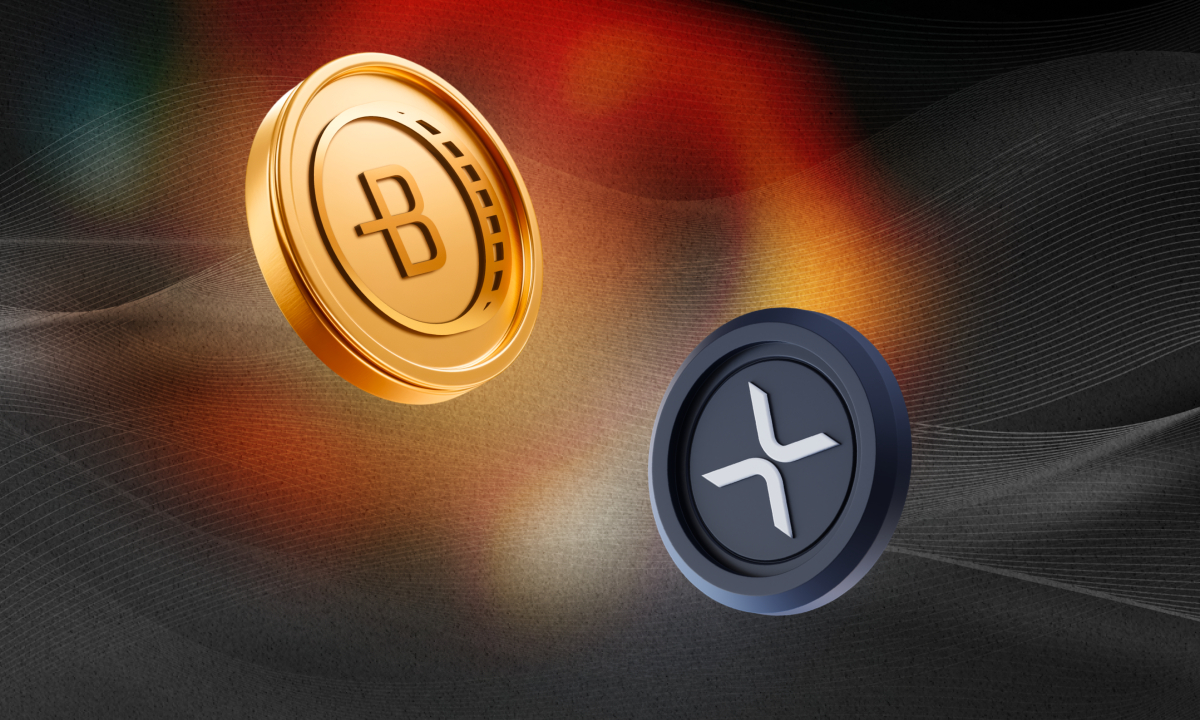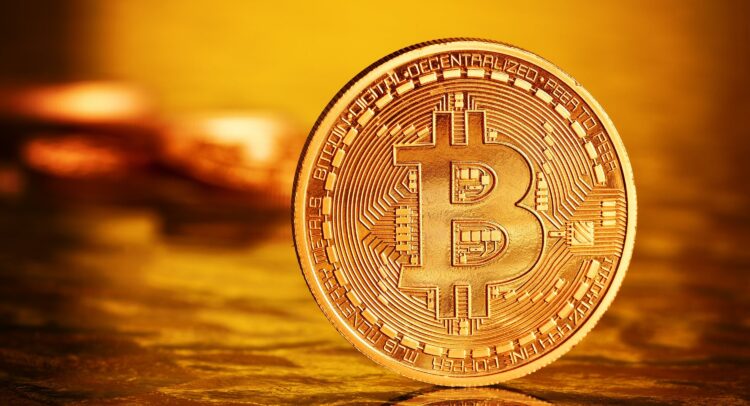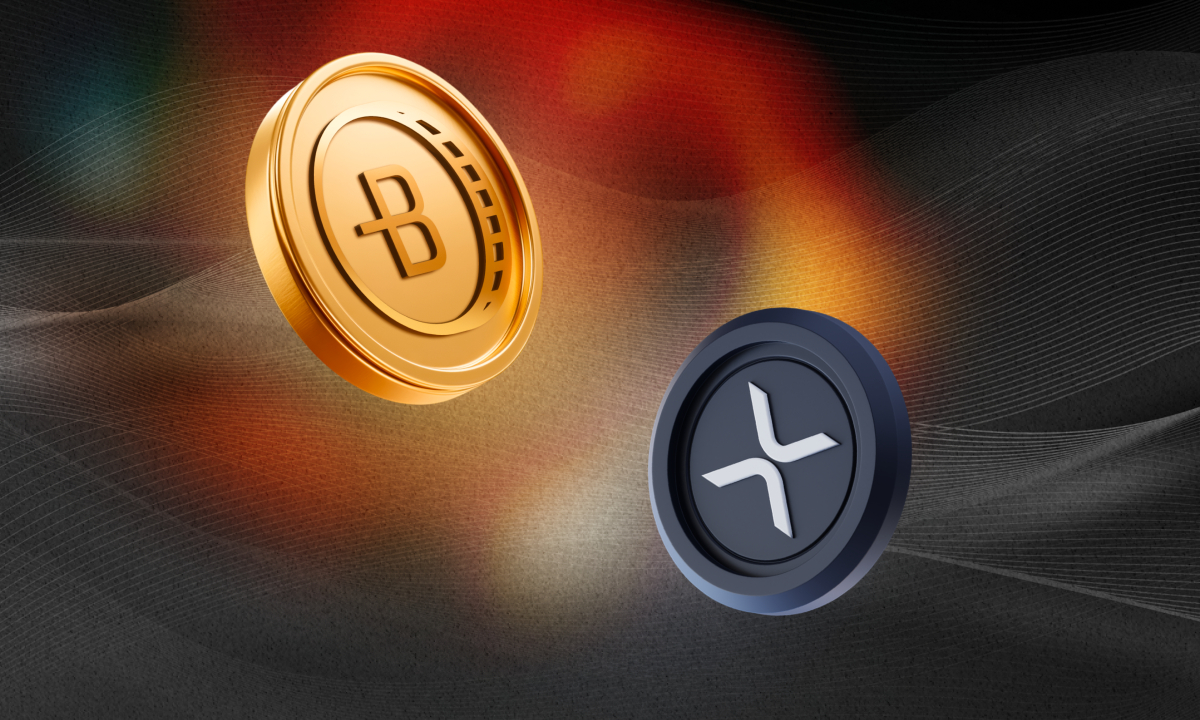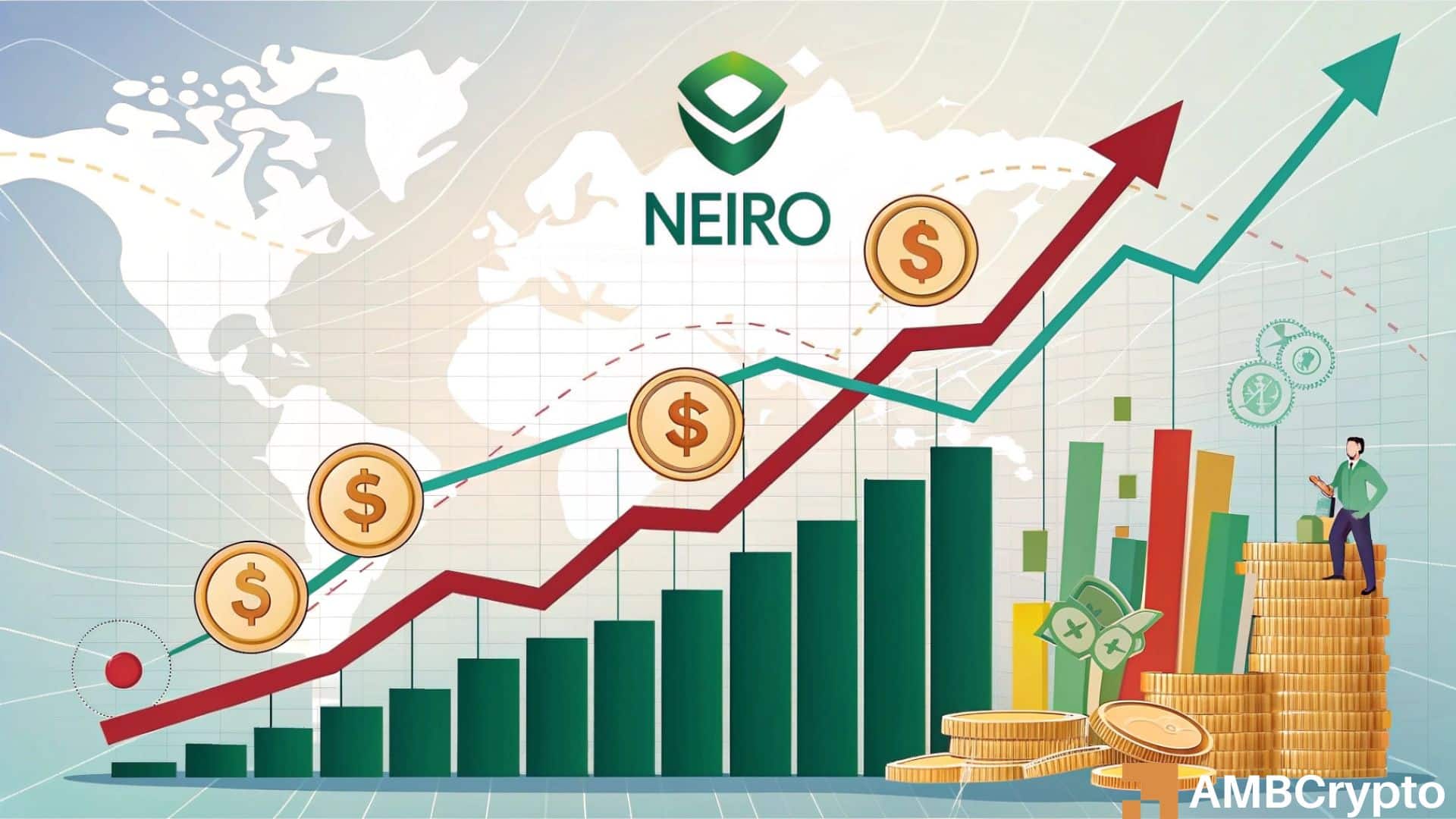
The crypto market is going through a rough period at the moment. Many thought after Trump’s inauguration that a golden era for crypto was about to begin. However, Trump’s posturing with Mexico, Canada, and China unfortunately started off what has been a period of bearish conditions for the market. As is often the case, it began with Bitcoin ($BTC) which took a hit after Trump failed to make good on pre-election promises regarding the number one crypto token. That has now slipped down to major altcoins and Solana ($SOL) has not been immune. Despite its popularity in 2024, it has taken a hit recently. Luckily for readers who may be worried about the decline of Solana, we have an alternative called Solaxy ($SOLX). So why is $SOLX the best ICO alternative? Besides the great properties that the project has, the timing couldn’t have been more perfect. Let’s take a look at why. Visit Solaxy Presale Solaxy $SOLX Layer 2 ICO Hits $23M the Next Big Crypto Play? $SOLX just smashed $23 million in its ICO, and the hype is real! With Layer 2 scaling and big investor interest, could $SOLX be the next crypto rocket? Don’t blink—this one’s moving fast! #Crypto #SOLX #MoonMission … pic.twitter.com/Q9Xz4j8jTW — madmix (@madmixnum) February 24, 2025 Why $SOLX is the best ICO alternative to Solana As we just mentioned the Solaxy ($SOLX) launch has come at a perfect time. Unfortunately, one of the reasons for the timing has been the collapse of Solana and the price of $SOL. The price has now dropped by over 40% in the last 30 days but the question is: why? Experts believe it is a combination of three things: Solana’s total value locked has dropped by $5 billion since January 25th, There has been a significant shift toward other chains like Ethereum, and lastly the meme coin market taking a hit has also damaged Solana. A lot of its growth came from successful meme coins choosing Solana so it makes sense now that the sector is struggling so is the network. The other reason the timing of Solaxy is perfect is because of the stress that the Solana network is under because of how many new meme coins over the last year have been built on the chain. Solaxy offering the first Solana Layer 2 solution could not have come at a better time making it the best ICO alternative. Solaxy could be the antidote to investor’s problems with Solana We can not fully go off metrics when it comes to finding the best new crypto presale on Solana but what we are seeing from Solaxy is very promising. It has raised over $23.6 million so far and has been raising money at a steady pace throughout. Visit Solaxy Presale This shows that what they are selling is going down very well with investors. We touched on this already but the amount of new meme coins on Solana has led to some congestion problems. The OFFICIAL TRUMP ($TRUMP) and Official Melina Meme ($MEME) have added to the problems as of late. The idea behind Solaxy is to provide a Layer 2 solution on Solana by offering unlimited scalability and a future-proof network. It should be very popular with investors and there are even staking rewards for early adaptors. The APY is currently at 179% but make sure to act fast as this figure won’t last given the best ICO’s popularity. Visit Solaxy Presale Even Grok believes that Solaxy is the best investment option More and more savvy investors are using AI to try and get a leg up on the competition when it comes to crypto. Nobody knows yet what AI is the best but given Musk’s love of crypto, X’s Grok AI is a good bet. When we asked what was the best crypto to buy in February Grok went for Solaxy. Conclusion As you can see, if you’re looking for the best ICO alternative, the only place to go is to the Solaxy presale. Right now the price is 1 SOLX = $0.001646 which seems too good to be true. However, readers should note that the price is going up regularly. It just increased today so act fast to get in at the best possible price.
Bitcoin World
You can visit the page to read the article.
Source: Bitcoin World
Disclaimer: The opinion expressed here is not investment advice – it is provided for informational purposes only. It does not necessarily reflect the opinion of BitMaden. Every investment and all trading involves risk, so you should always perform your own research prior to making decisions. We do not recommend investing money you cannot afford to lose.
Bitcoin ETF Sees Record Outflows Amid Market Uncertainty and Regulatory Developments

The cryptocurrency market has seen significant turbulence recently, as factors such as regulatory pressure and market dynamics have fueled both fear and uncertainty among investors. With the Crypto Fear & Bitcoin World

Controversial MEME Act: US Lawmakers Plan Crypto Ban for Public Officials – A Necessary Step?
The world of cryptocurrency and politics are increasingly intertwined, and the latest development from Washington D.C. is a testament to this growing intersection. Imagine a scenario where public officials, privy to market-moving information, could personally profit from the very digital assets they might regulate. Sounds like a potential conflict of interest nightmare, right? Enter the **MEME Act**, a proposed piece of legislation by U.S. House Democrats that’s aiming to draw a clear line and prevent exactly that. Let’s dive into what this could mean for the future of digital assets and the integrity of public service. What is the MEME Act and Why is it Needed for Digital Assets? The full name itself – Modern Emoluments and Malfeasance Enforcement (MEME) Act – gives a hint at its purpose. Essentially, this bill, spearheaded by Rep. Sam Liccardo, is designed to stop public officials and their families from issuing, endorsing, or making money from **digital assets**. But why now? The context is crucial. Rep. Liccardo has openly criticized former President Donald Trump and Melania Trump’s ventures into memecoins. He argues that these kinds of activities by public figures, or even former ones, can create serious **conflicts of interest**. Think about it: if an official is involved in creating or promoting a digital asset, their decisions related to regulating or overseeing the crypto space could be influenced by their personal financial stakes. This erodes public trust and raises questions about whether decisions are being made in the public interest or for personal enrichment. Here’s a breakdown of the key aspects of the MEME Act: Prohibition on Profit: The core of the bill is a ban on public officials and their immediate families from profiting from digital assets. This includes issuing, endorsing, or receiving financial benefits from cryptocurrencies, NFTs, or other digital tokens. Addressing Conflicts of Interest: The act directly targets potential conflicts of interest arising from officials’ involvement in the digital asset market. It aims to ensure that public service remains focused on the public good, not personal gain. Targeting Memecoin Ventures: While broadly applicable to all digital assets, the bill’s introduction is clearly influenced by concerns around memecoins launched by public figures like the Trumps. These ventures are seen as particularly problematic due to the speculative and often volatile nature of memecoins. Expected Introduction Date: Mark your calendars – the MEME Act is expected to be formally introduced in the U.S. House of Representatives on February 27th. This date is when the legislative process will officially begin. Why the Focus on a Crypto Ban for Public Officials? The urgency behind the MEME Act stems from a growing recognition that the lines between traditional finance and the burgeoning world of **digital assets** are blurring. Public officials, who have significant influence over policy and regulation, need to be held to the highest ethical standards. Allowing them to directly benefit from the crypto market, especially through ventures that leverage their public profile, opens the door to potential abuse and undermines the integrity of governance. Consider these points: Information Asymmetry: Public officials often have access to non-public information that could influence the value of digital assets. This information advantage creates an uneven playing field and the potential for insider trading-like scenarios in the crypto space. Regulatory Influence: Officials involved in crafting regulations for the crypto industry could be incentivized to create rules that benefit their own digital asset holdings, rather than regulations that serve the broader market and public interest. Erosion of Public Trust: When the public perceives that officials are using their positions for personal financial gain, trust in government institutions diminishes. This can have far-reaching consequences for civic engagement and the legitimacy of democratic processes. Memecoins and Speculative Assets: The rise of memecoins, often driven by hype and social media trends, adds another layer of complexity. Their volatility and potential for manipulation make them particularly risky for public officials to be involved with, both in terms of financial ethics and reputational risk. The Potential Impact of the MEME Act on the Digital Asset Landscape If the MEME Act becomes law, it could have significant implications for the **crypto ban** conversation and the broader digital asset ecosystem. While it doesn’t represent a blanket ban on cryptocurrency for everyone, it does establish a clear ethical boundary for those in public service. Let’s explore some potential impacts: Potential Impact Description Increased Public Trust By preventing conflicts of interest, the MEME Act could bolster public confidence in government and regulatory processes related to digital assets. Level Playing Field It aims to create a fairer environment where public officials cannot leverage their positions for personal crypto gains, promoting ethical conduct. Reduced Speculation by Officials The ban might discourage public officials from engaging in speculative crypto ventures, especially memecoins, due to the risk of violating the Act. Regulatory Clarity The MEME Act could signal a broader trend towards increased regulation and ethical oversight of digital assets, setting a precedent for future legislation. Potential Pushback There could be pushback from some who argue the Act is overly restrictive or infringes on personal financial freedoms, sparking debate about its scope and necessity. Are US Lawmakers Taking a Strong Stance on Crypto Ethics? The introduction of the MEME Act certainly indicates that some **US lawmakers** are taking a more assertive stance on the ethical considerations surrounding cryptocurrency and public officials. It reflects a growing awareness in Washington D.C. of the need to adapt existing ethics rules to the unique challenges posed by digital assets. This isn’t just about memecoins; it’s about establishing a principle that public service should not be a vehicle for personal crypto enrichment. This legislative effort raises several important questions: Will it Pass? The political landscape in the U.S. is complex, and the fate of the MEME Act is uncertain. It will likely face scrutiny and debate as it moves through the legislative process. Is it Broad Enough? Some may argue that the Act doesn’t go far enough, while others might see it as too restrictive. The debate over its scope and specific provisions is likely to be intense. Global Implications? If the U.S. adopts the MEME Act, it could set a global precedent for how governments approach the ethics of digital asset ownership and public service. Other countries might consider similar legislation. Enforcement Challenges? Effectively enforcing the MEME Act will be crucial. Clear guidelines and robust oversight mechanisms will be necessary to ensure compliance and prevent circumvention. Navigating the Future of Digital Assets and Public Trust The MEME Act represents a significant step towards addressing the ethical complexities at the intersection of **public officials** and digital assets. Whether you are a crypto enthusiast, a concerned citizen, or a policymaker, this legislation warrants close attention. It’s a conversation starter about accountability, transparency, and ensuring that the burgeoning world of cryptocurrency operates within a framework of ethical governance. As the digital asset space continues to evolve, so too must the rules and regulations that govern it. The MEME Act, regardless of its ultimate fate, highlights the critical need for thoughtful and proactive measures to maintain public trust and prevent conflicts of interest in this exciting but often turbulent new frontier of finance and technology. To learn more about the latest crypto market trends, explore our article on key developments shaping Bitcoin price action. Bitcoin World











